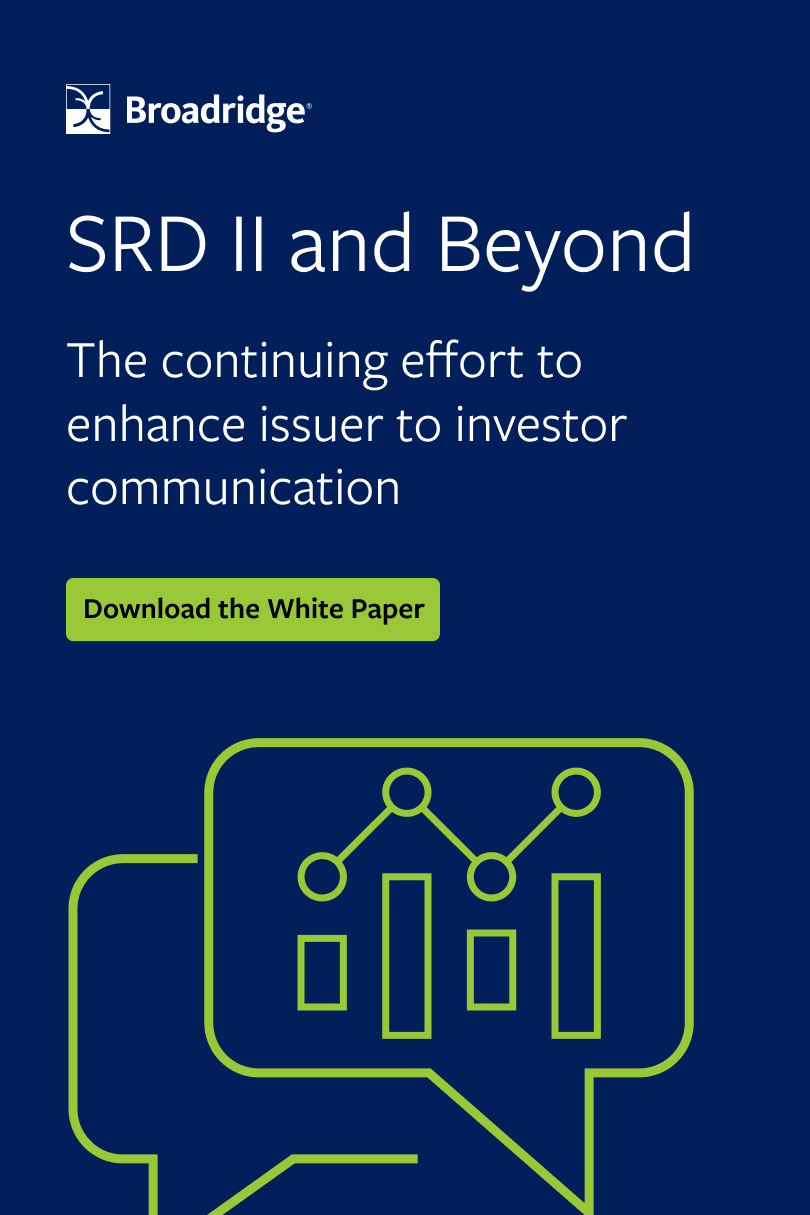Fund administration has evolved rapidly in the last decade, from an industry using manual and often disjointed processes based on spreadsheets, to one where sophisticated systems and technology are essential
It is hard to believe that birds could have evolved from dinosaurs. But over time, many things have the ability to change or develop slowly, often into a better, more complex, or more advanced state.
Some things, of course, evolve more quickly than others. Take for instance the evolution of technology. The iPhone was introduced in 2007 and Apple co-founder Steve Jobs saw something no one else did when he said the “iPhone is like having your life in your pocket”.
Today, everyone you know probably has a smartphone and can do virtually anything on it — such as book a taxi, order a pizza, go on a shopping spree, or facetime someone from across the globe.
Compared to other industries, technology in the financial services industry has not evolved with particular rapid speed. But one area that has seen particularly fast evolution is the fund services space.
“Fund administration has evolved rapidly in the last decade, from an industry using manual and often disjointed processes based on spreadsheets, to one where sophisticated systems and technology are essential,” says Nigel Strachan, head of private equity sales, Europe, Apex Group.
Fund administration is now integrated through all stages of the investment process, right through to portfolio monitoring solutions.
Strachan identifies that in years gone by, the market was characterised by many small, boutique players, but now, as the alternative asset industry becomes more sophisticated, funds require their administrators to have the scale to support them as they grow. Funds expect their administrators to operate and have a presence in all the jurisdictions in which they do business, to provide them with a global service and solutions.
Historically there has been a reluctance for private equity firms to cede the control of some of their operations to third-party service providers.
However, the intensified demands of the pandemic demonstrated the benefits of outsourcing fund administration functions, as a more economical way of accessing wider resources and operating infrastructure which they may not have the capacity to build or maintain themselves.
Rosemary McCollin, sales director, private equity, Vistra UK, comments: “Access to technology and data is a trend beyond fund administration, but our industry is quickly coming up the curve in this area, while also managing continual change in requirements such as ESG frameworks and how we use artificial intelligence to support managers further.”
Jay Peller, head of fund services, Citco Fund Services, adds: “Fund administration has been continuously evolving for many years in response to client needs, changing markets and shifting priorities across the industry. The need for fund administrators to adapt has largely been driven by the increased allocation to alternative investment strategies.”
For example, traditional managers launching alternatives strategies need a specialist that has a proven track record in servicing multi-asset portfolios and alternatives fund structures. Without this, they will struggle with institutional operational due diligence (ODD) and transparency requirements.
Challenges
Despite the rapid evolution of the fund services space, industry participants suggest that challenges still remain.
Evolving client demands is one such challenge. Ryan Taylor, head of funds, Jersey, Suntera Global, says: “As clients’ (and investors’) desire to be more informed in all elements of the fund, the demand for access to information increases, requiring administrators to be more efficient and utilise technology to service clients.”
Peller notes: “One of the biggest challenges facing fund administrators now is the ability to successfully service clients that have such diversified needs.”
According to Peller, to do so, asset servicers need to move away from being a traditional fund administrator to instead be a client’s operational backbone and their foundation for growth.
“The only way to do so is to be a specialist, and as lines continue to blur across asset classes, never before has the necessary expertise within these sectors been needed, creating a requirement to invest in staff and to attract the best talent in order to meet these needs,” Peller explains.
Leading asset servicers now provide a broad range of services and bespoke data solutions across multiple asset classes. Beyond the standard back-office procedures, this includes middle-office services (treasury, payments, collateral management), and the digitisation of investor relations (for improved efficiency and security of subscription and redemption processes). Additionally, the need for technological innovation is required to improve operational efficiencies in areas that managers may struggle to do themselves, for example cash and collateral management, reconciliation or waterfall calculations.
However, McCollin explains: “The rise of low-cost automated platforms to support basic fund or special purpose vehicle (SPV) set up is a welcome industry change, but leads to the question of balancing automation through technology and personalised investor services support.”
When a private capital manager’s client base is high touch, the benefits they may gain from automation can come at the cost of a stronger investor experience.
McCollin says: “The challenge of reducing administrative tasks must be balanced against investor needs and support.”
Taylor adds: “As technology develops, it is important for administrators to adapt to fully utilise these changes in a responsible manner while considering the impact to operations and regulations when doing so.”
Regulation is also another challenge in the fund administration space. There is a constant need for regulation to be updated both on a global and local perspective to keep in step with stakeholder requirements and to protect interested parties.
“An important challenge is the regulatory changes to protect all stakeholders. Although welcome for its desire to improve the industry, it brings about changes and considerations for administrators to ensure their clients remain compliant with updates and changes,” explains Taylor.
Opportunities
In terms of opportunities, the market has seen a huge amount of consolidation and purchases by private equity sponsors that appreciate the annuity revenue stream.
However, McCollin warns that this does not mean that the fund administration industry will end up in a few player monopoly; there has, and always will be, teams that carve out a space for their niche or client style.
“The ongoing technology improvements in our space for managers and investors means that there will continue to be new players with new capabilities and service offerings,” says McCollin.
Meanwhile, Peller notes: “As managers increase diversification across asset classes, move into hybrid strategies and access a wider range of investment vehicles, the complexity of investment administration will continue to grow.”
“In this environment, we see the need for continued innovation and adoption of emerging technology now more than ever, whether that be through proprietary offerings or leading third-party partnerships.”
Asset Servicing Times finds that asset servicers will increasingly need to assist managers with more complex operational due diligence requirements to meet greater investor transparency demands.
“Helping managers meet tomorrow’s challenges will continue to extend to ESG, where factors such as ecological impacts, employee engagement, and business ethics have become increasingly vital non-financial indicators of the health of businesses and investments globally,” says Peller.
Given the level of institutional participation in alternatives and the regulatory scrutiny that many are under, Citco sees ESG as being a critical factor for the asset servicing industry in a different form as well.
Independent administration remains a compelling and highly sought-after value proposition in the recognition that transparency and managing conflicts of interest is critical to good corporate governance.
According to Peller, this will continue to be a key part of the future of the fund services industry and providing a true, unbiased service from an independent provider, with a focus on putting clients and their investor requirements first, will continue to be part of best practice.
Weighing in on the opportunities for the future of fund administration, Taylor muses: “Opportunities are different for each player, be it those looking to service well-established managers and investors and develop their business to meet those needs, or those looking to assist new entrants and managers with a smaller resource base to establish themselves through more bespoke service offerings.”
He concludes: “Jersey remains a key jurisdiction and one that provides a high-quality standard both through its regulation and service provision, and continues to attract new managers looking for best in class for their investors.”



